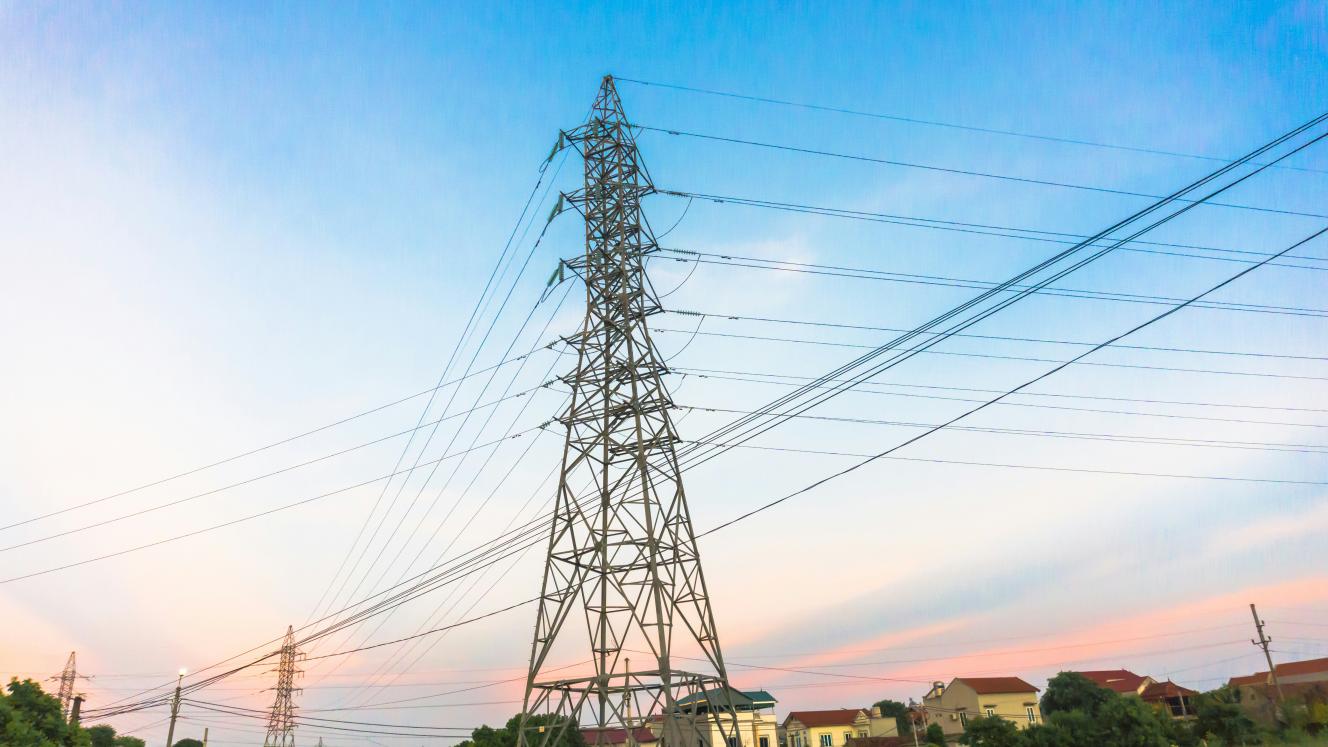Eskom faced sharp criticism over its proposed 66% cumulative electricity tariff increase by 2028 during National Energy Regulator of South Africa (NERSA) public hearings in Cape Town this week. The hearings provided a platform for public and industry representatives to challenge the state utility’s application to implement phased increases of 36% in 2025, 12% in 2026, and 9% in 2027.
Eskom justified the application, citing compliance with the Multi-Year Price Determination (MYPD) methodology, which aligns with the Electricity Pricing Policy, the Electricity Regulation Act and NERSA’s guidelines. The utility argued that these increases are necessary to ensure its financial sustainability and maintain electricity supply.
“Eskom wishes to be in a position to continue providing electricity to customers,” the utility said, adding that the MYPD methodology allows for cost recovery based on an allowable revenue formula. This formula accounts for return on assets, operating expenses, primary energy costs, independent power producer contracts, depreciation, demand management and taxes.
Eskom estimates its revenue needs will rise from R352 billion in 2025 to R445 billion in 2026 and R537 billion by 2028. It attributes these increases to declining sales as large industrial consumers in sectors like ferrochrome, steel and gold mining have closed operations due to volatile markets and rising costs.
Stakeholders question affordability
The National Union of Metalworkers of South Africa (NUMSA) and Agri Western Cape raised concerns about the proposed hikes, warning of their detrimental impact on industries and consumers. NUMSA blamed high electricity costs for the collapse of large industrial users while Agri Western Cape said escalating tariffs threaten the profitability of farmers who depend on electricity for irrigation.
Municipal debt was another focal point. Eskom noted that unpaid municipal bills continue to balloon, increasing by R12 billion annually despite the Municipal Debt Relief Programme. NUMSA argued that this debt reflects the unaffordability of electricity for municipalities and cautioned that tariff increases will deepen the crisis.
The Democratic Alliance added its voice, calling for unbundling of Eskom’s operations to create competition in the energy sector. “Customers should not bear the burden of municipal debt. This is not a money problem but a mismanagement problem,” the party said.
Eskom maintained that its electricity prices remain lower than the International Energy Agency’s median rates and pointed to measures shielding vulnerable households. These include government’s electrification programme, which provides low-income households with 20 A electricity supply and free basic electricity for up to 50 kWh monthly.
Additionally, Eskom has applied to remove the inclining block tariff on prepaid electricity, which it argues will ease the cost burden on consumers.
Eskom warned that the tariff increases are critical to offset the gap that will emerge when National Treasury withdraws its financial support. Without this, Eskom’s ability to sustain operations and invest in infrastructure would be severely undermined, the utility said.
Nersa’s public hearings in Durban, which were originally scheduled for November 21 and 22, have been unexpectedly postponed. The decision followed “an overwhelming level of public interest and numerous requests from stakeholders to attend”, said Nersa
Nersa said that the hearing will be rescheduled to a new, larger venue with the date and time still to be confirmed













